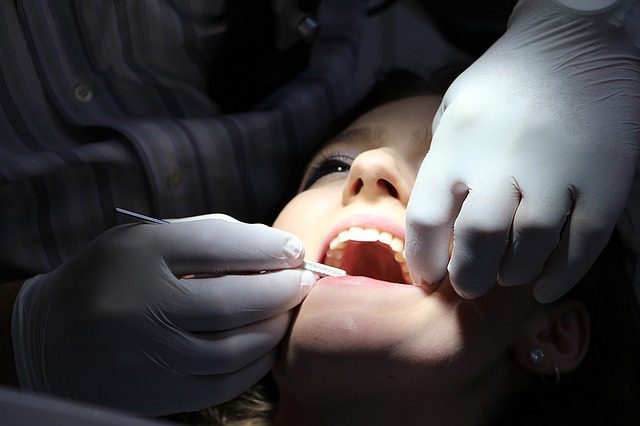Have you seen the word “Maxillofacial” and wondered what it meant? Chances are you have seen this term when searching for oral surgeons, perhaps because you need a tooth extraction, or other dental work.
Oral and Maxillofacial Surgery
Surgeons who work on your mouth complete a four-year graduate degree in dentistry, as well as at least four years of additional residency time in the surgical program of a hospital. They are called “oral and maxillofacial surgeons” because they don’t only work on the mouth (oral). They also work on the face and jaws (maxillofacial).
Oral surgery covers a great deal of territory. The most common oral surgery is the removal of teeth, either impacted wisdom teeth or other teeth. But there is a lot of other work that falls into the purview of such a surgical practice:
- Facial pain
There are many causes of facial pain, and most do not require surgery. For some ongoing conditions, however, a visit to an oral and maxillofacial surgeon may be called for.
- Misaligned jaws
Jaw alignment has a dramatic impact on eating, smiling, talking, and breathing. Some surgeries can help patients align their jaws and correct any issues that may inhibit typical function.
- Reconstruction after an accident
When any bones of the face are fractured in an accident – cheekbone, jaw, nose, skull, or eye socket in particular – this can also damage the soft and hard tissue of the mouth and face.
- Tumor or cyst removal
These growths are surprisingly common, and the surgeries that lead to their removal can be complicated.
- Dental implants
Getting dentures or other prosthetic dental wear requires implants. Bone grafting calls for surgery to make these implants work.








